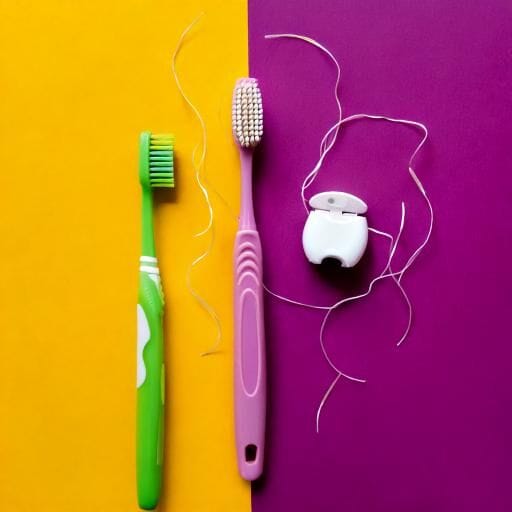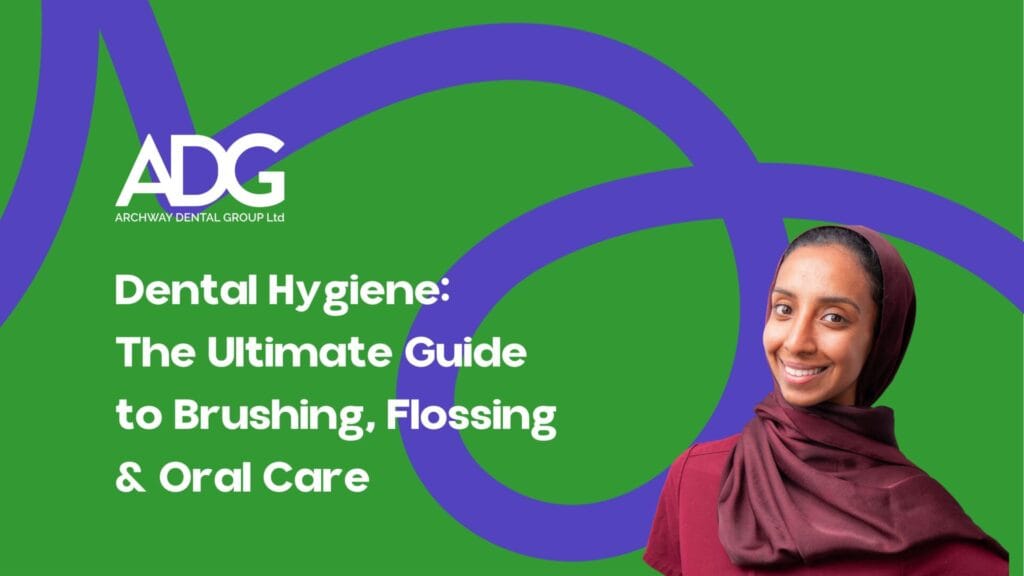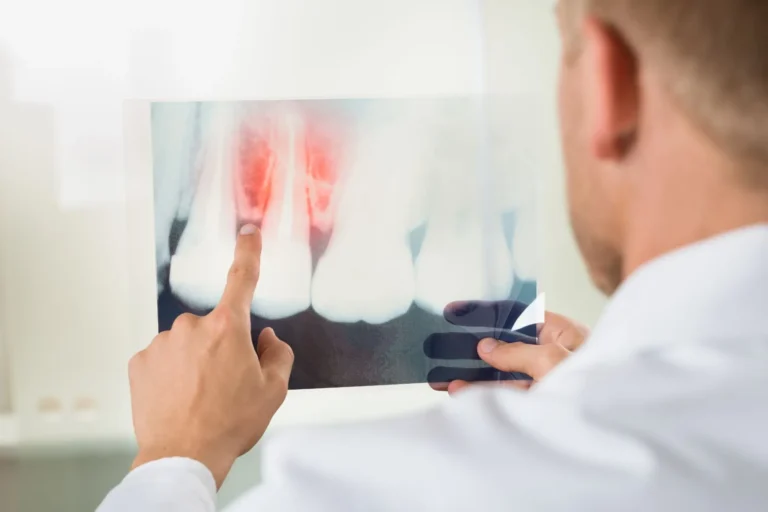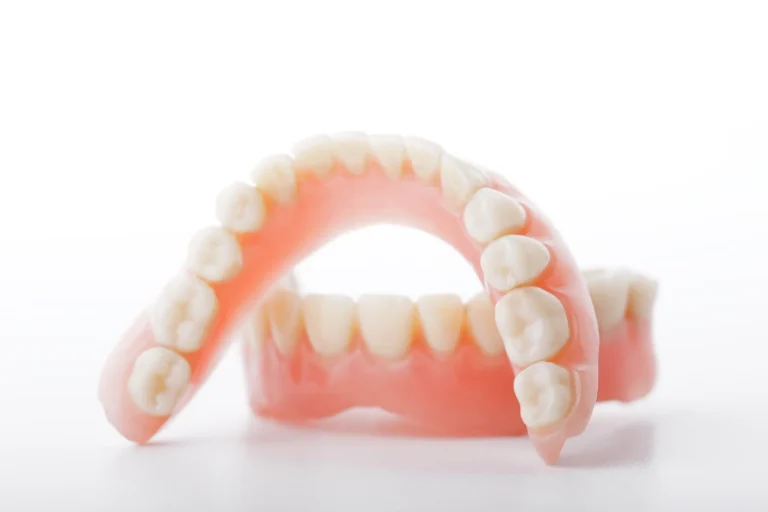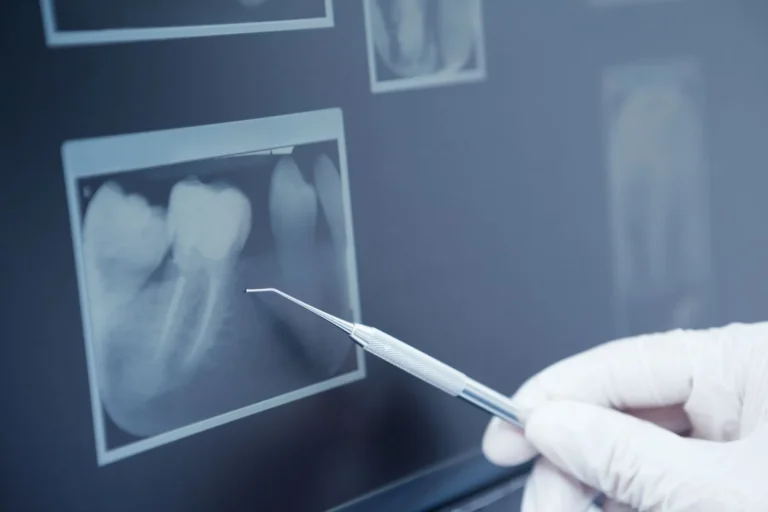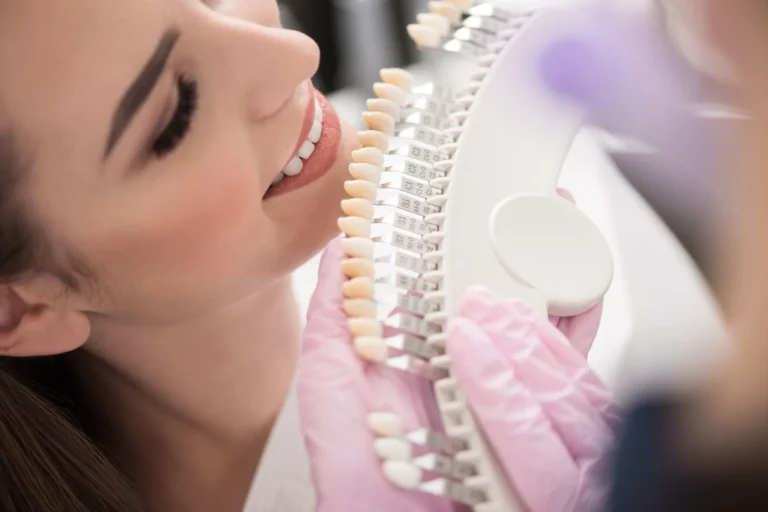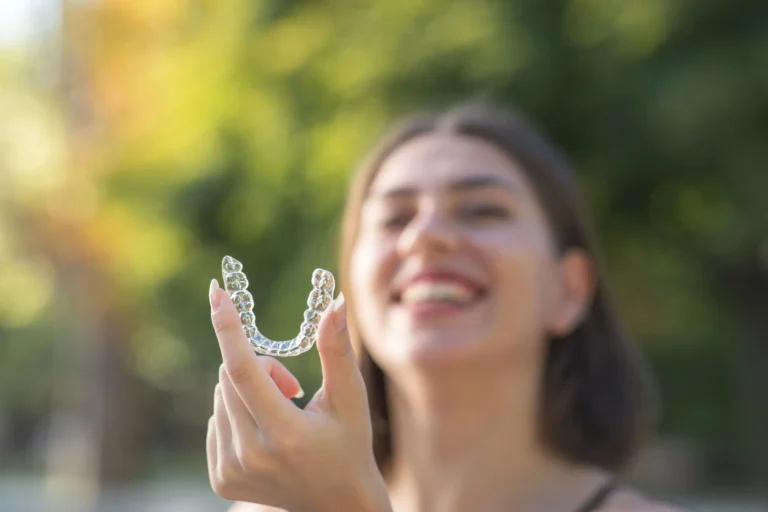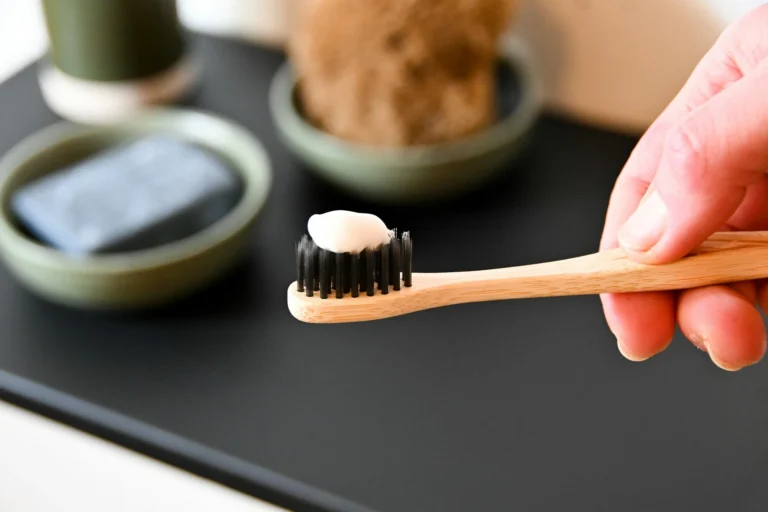What is Dental Hygiene?
Dental hygiene refers to the practice of maintaining good oral health through daily habits like brushing, flossing, and using mouthwash, as well as regular visits to the dentist. The goal of dental hygiene is to prevent oral diseases, such as cavities, gum disease, and bad breath.
- Brushing: Removes plaque and food particles from the surface of the teeth.
- Flossing: Cleans between teeth where toothbrushes can’t reach.
- Mouthwash: Helps eliminate bacteria and freshen breath.
Read More About Our Dental Hygiene Services
How to Brush Your Teeth Properly
Brushing your teeth is the first step in preventing dental issues. To brush your teeth effectively:
- Choose the Right Toothbrush: Use a soft-bristled toothbrush that fits comfortably in your mouth.
- Use Fluoride Toothpaste: Fluoride helps to remineralize tooth enamel and prevent decay.
- Brush for 2 Minutes: Brush your teeth twice a day for at least two minutes.
- Technique: Hold your toothbrush at a 45-degree angle to your gums and use gentle, circular motions.
Read More About Our Toothbrushing Techniques
What Does a Dental Hygienist Do?
A dental hygienist plays a crucial role in maintaining your oral health. Their primary duties include:
- Professional Cleaning: Removing plaque and tartar that brushing and flossing miss.
- Education: Providing advice on the best oral hygiene practices.
- Examining Your Gums and Teeth: Checking for early signs of gum disease, cavities, or other dental conditions.
Read More About Our Hygienist Services
H2 How to Floss Correctly
Flossing is an essential part of dental hygiene because it cleans areas that a toothbrush can’t reach. To floss correctly:
- Use Enough Floss: Take about 18 inches of dental floss and wrap it around your fingers.
- Gentle Motion: Slide the floss gently between your teeth and curve it around the base of each tooth.
- Don’t Snap the Floss: Avoid snapping or forcing the floss, as it can damage gums.
Read More About Our Flossing Recommendations
How to Clean Teeth with Braces
If you have braces, cleaning your teeth becomes even more important. You need to take extra care to clean around the brackets and wires:
- Use a Special Toothbrush: Choose an orthodontic toothbrush or an electric toothbrush.
- Floss with an Orthodontic Floss Threader: This tool helps you floss between teeth and under braces.
- Rinse with Mouthwash: Mouthwash helps to eliminate bacteria and freshen breath, especially when it’s hard to reach certain spots.
Read More About Cleaning Teeth with Braces
How to Prevent Plaque on Teeth
Plaque is a sticky, colorless film of bacteria that forms on your teeth. If not removed, it can harden into tartar, leading to cavities and gum disease. Here’s how to prevent plaque buildup:
- Brush and Floss Daily: Regular brushing and flossing are the best ways to prevent plaque.
- Limit Sugary Foods: Bacteria in plaque thrive on sugars, so reducing sugary snacks can help.
- Visit Your Dentist Regularly: Professional cleanings will help remove plaque before it turns into tartar.
Read More About Preventing Plaque Buildup
Should You Use Mouthwash?
Mouthwash can be a helpful addition to your oral hygiene routine. However, it’s important to choose the right type of mouthwash for your needs. Here’s how mouthwash can benefit you:
- Fights Bacteria: Antibacterial mouthwash can help reduce plaque and gingivitis.
- Freshens Breath: Mouthwash can help eliminate bad breath caused by food or bacteria.
- Reaches Hard-to-Brush Areas: Mouthwash can rinse away food particles and debris that brushing and flossing miss.
Read More About Mouthwash Use
How to Improve Your Gum Health
Healthy gums are just as important as healthy teeth. Here’s how you can improve gum health:
- Brush and Floss Regularly: Gums need to be free of plaque and bacteria to stay healthy.
- Massage Your Gums: Gently massage your gums with your toothbrush to stimulate blood flow.
- Use an Antibacterial Mouthwash: It can help kill bacteria that cause gum disease.
- Eat a Healthy Diet: Eating nutrient-rich foods supports gum health.
Read More About Gum Health
Conclusion on Dental Hygiene
Maintaining good dental hygiene is key to a healthy mouth and overall well-being. By brushing, flossing, and using mouthwash regularly, and by visiting your dentist for check-ups and cleanings, you can avoid common dental issues. If you have questions or want to learn more about improving your dental hygiene, feel free to book a consultation at Archway Dental Group.
